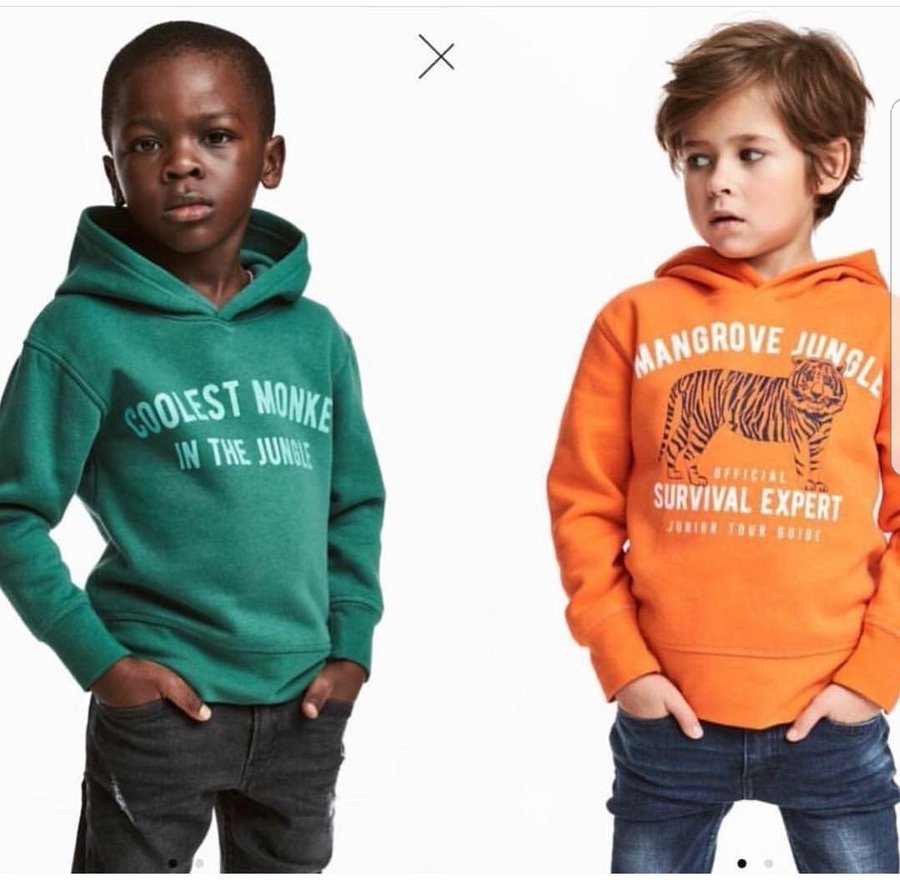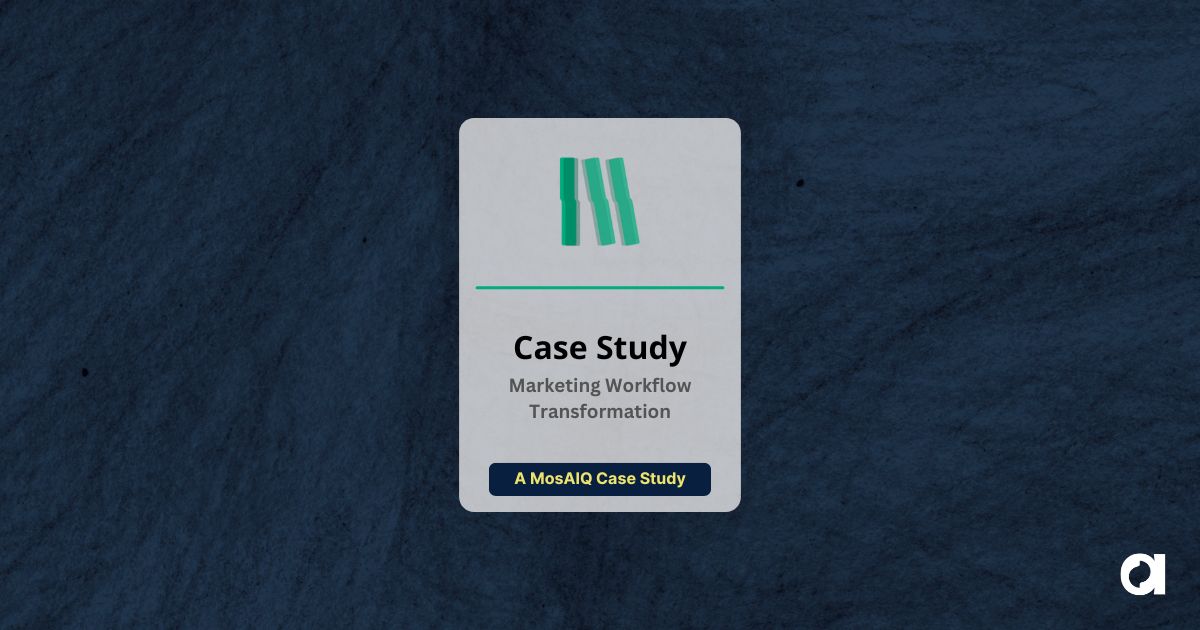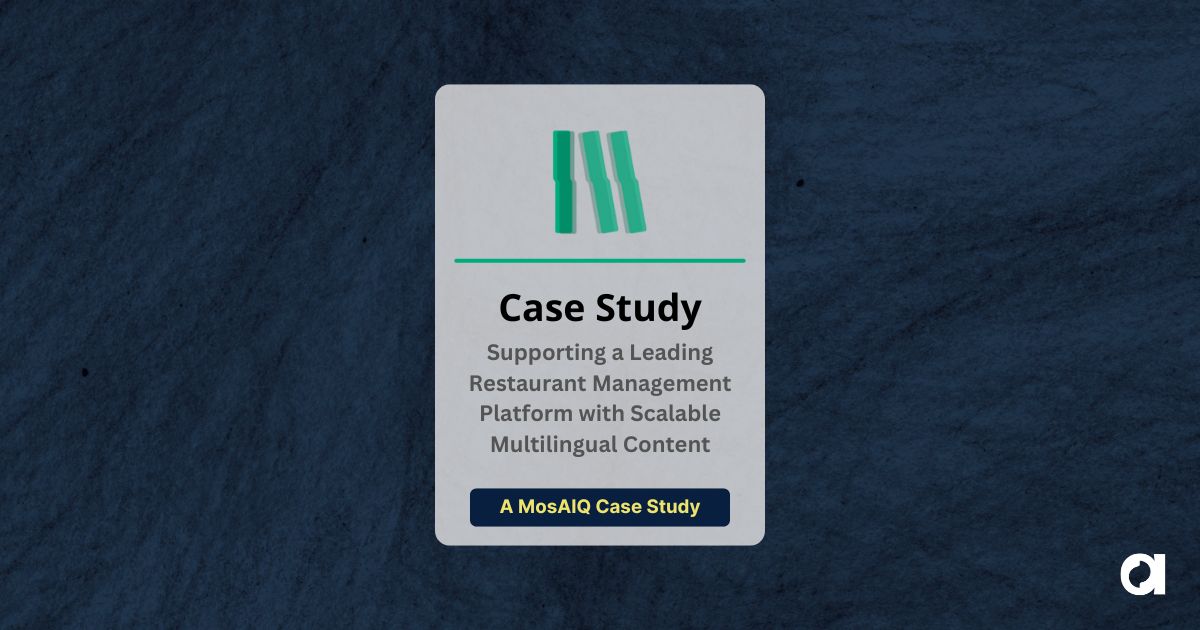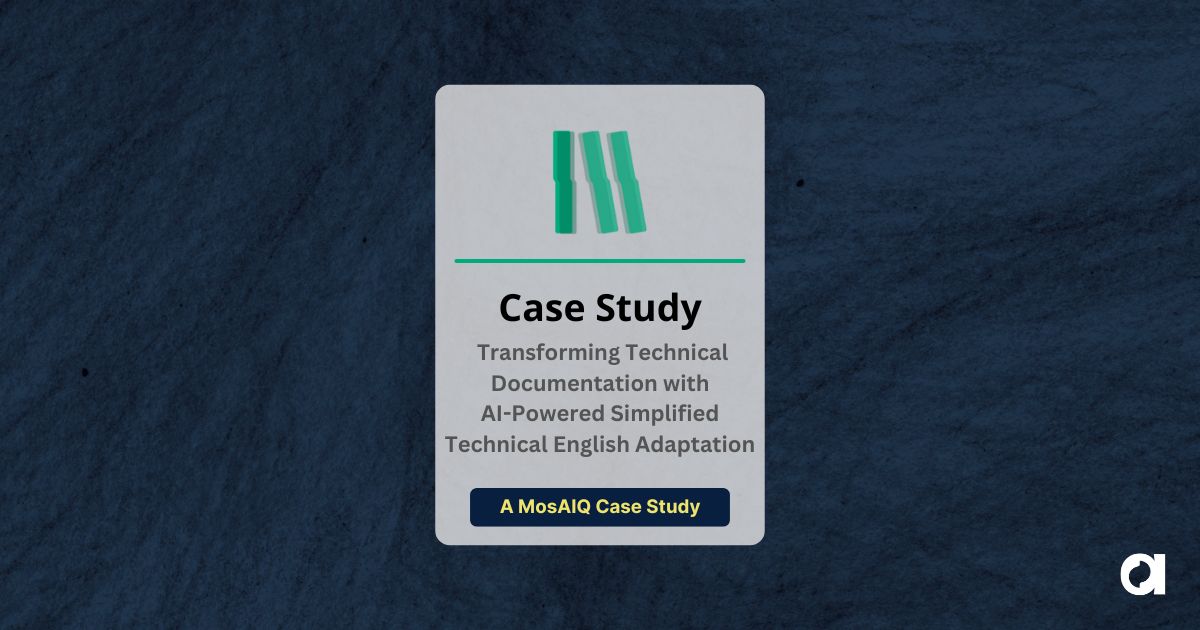Home to 60 million people, South Africa is a market where companies are increasingly looking to do business. With such a diverse range of cultures, numerous large brands have struggled with the complexities of the South African market. This is why we sat down with Justin Levitt as part of our International SEO Video Series to explore what marketers can do to create meaningful campaigns for this vibrant country.
Top digital channels in South Africa
Like most markets we’ve been exploring, Google is the dominant search engine in South Africa, with a 95% market share. South Africa did have its own search engine called ananzi.co.za, which performed pretty well but unfortunately lost out to Google like many other country-specific search engines.
Social media is also extremely popular in South Africa, with Facebook, Instagram, and Twitter widely used across the country. Video is also something to keep an eye on as YouTube and TikTok are quickly gaining in popularity.
South African Search Behavior
South Africa is a diverse country and home to many languages and cultures, so the amount of disposable income per household varies a lot. This, in turn, impacts how people buy and the type of advertising you can do in South Africa as it wouldn’t be advisable to advertise high-end products in less well-off areas, for example. We can make a couple of generalizations: due to COVID, consumers have moved towards online shopping and eCommerce. Additionally, South Africans primarily access the internet through their mobile devices (77% vs. 23% for desktops), which is why mobile optimization is essential.
What can you do to help ensure you’re reaching your South African consumers correctly? That means incorporating comparison shopping content, reviews, and social media into your SEO strategy.
Multilingual SEO in South Africa
One of the biggest mistakes foreign companies make when expanding into South Africa is that they assume English content will be enough. However, South Africa has 11 official languages, so it’s essential to consider the country’s linguistic diversity when creating content and targeting specific regions. While English is mostly used in searches, other languages such as Afrikaans, Zulu, and Xhosa are also commonly used online. So, how can you guarantee you’re getting it right?
Target specific regions: depending on where you’re targeting you have to remember that different regions use different languages so you can’t take a single-language approach.
Multilingual content: by having multilingual content as part of your South African SEO strategy, you’re making your website much more inclusive for the population as a whole.
Keyword research: ensure you’re doing keyword research in multiple languages.
Local SEO: although international SEO typically involves targeting a country as a whole, think about investing in local SEO techniques for different regions and languages.
Colloquial language: South African English colloquialisms are very different from UK or US English and are often influenced by languages like Afrikaans and Xhosa.
South African English
As we mentioned above, South African English is very different from English spoken in the US as it’s widely influenced by the minority languages spoken in the country. This is why it’s so important to do keyword research for South African English rather than just keeping what you researched for the US or the UK.
| US English | British English | Irish English | South African English |
| Sneakers | Trainers | Runners |
Takkies (used by English speakers) Tekkies (used by Afrikaans speakers) |
| BBQ | BBQ | BBQ | Braai |
| Putty | Blue Tack | Blue Tack | Prestick |
| Yummy/Tasty | Yummy/Tasty | Yummy/Tasty | Lekker |
Considerations for International Companies
There are a number of different rules and regulations you have to keep in mind as a foreign company looking to market/advertise your products or services in South Africa.
Law and regulatory compliance: make sure that you familiarize yourselves with the Consumer Protection Act and Electronic Communications Act.
Privacy and data protection: as in Europe and around the world, make sure that you’re looking after your consumers’ privacy and protecting their data.
Advertising standards: all your ads need to follow the Advertising Standards of South Africa (ASASA) guidelines.
Cultural sensitivity: avoid language or images that could be considered offensive or insensitive.
False advertising: make sure that you provide a fair representation of your products or services.
Avoid discrimination: don’t discriminate against any individual or group based on race, gender, religion, sex, etc.
Brands that got it wrong
Unfortunately, there are a number of examples where brands have got it dramatically wrong when dealing with the South African market. Here are two examples that could have been avoided by consulting someone who knew about the South African market who could educate in-house or agency marketing teams about cultural and linguistic sensitivity. This is vital not just for traditional advertising, but for SEO in South Africa, too.
Clothing giant H&M faced a major backlash after advertising a hoodie with the slogan “coolest monkey in the jungle” on a black child. This caused uproar across the country, with shops being raided and trashed in response.

Ryanair also caused controversy when they introduced an Afrikaans test for all South African nationals traveling to the UK to “prove a passport holder’s nationality”. Afrikaans is the third most spoken language in South Africa and follows behind Zulu and Xhosa, plus it had a controversial role in the oppression of black citizens during apartheid. This lack of cultural understanding meant that Ryanair faced a backlash and had to scrap the test.
Culture and how it impacts buyer culture across South Africa
Price and Value
South Africa has a high poverty and unemployment rate, so many consumers are price sensitive and look for deals and discounts. Companies should consider this when pricing products and services and offering discounts and special promotions.
Tradition & heritage
South Africa has a rich cultural heritage and certain cultures may place a greater emphasis on tradition, heritage and cultural identity. Companies should ideally be making sure heritage and local cultures are incorporated into their marketing strategy.
Product preference
Different cultures may have different preferences for certain products and services. Companies need to conduct research and understand the preferences of their target audience(s) and tailor their products and services accordingly.
SEO Tips for South Africa
To summarize, here are our top tips for dealing with South African SEO:
- Make sure you optimize for mobile searches.
- Ensure you have an understanding of cultural nuances or have someone who can help.
- Use local search techniques for different areas.
- Understand socio-economic factors at play in South Africa.
- Target specific languages, not just English or Afrikaans.
- Political and economic awareness is a must.
And remember:
- Simply translating from English isn’t enough.
- Different languages are often tied to different regions and ethnic & cultural groups.
- What works for the English-speaking market might not work for the Zulu-speaking market.
- Cultural and linguistic understanding must be part of any South African SEO strategy.
- Especially if you’re marketing B2C, remember colloquial and linguistic dialects.
Final thoughts
As you can see, the South African market is highly diverse and can be a wonderfully fascinating market to expand into. However, you must ensure that you’re being as inclusive as possible, both linguistically and culturally. If you need help managing your marketing efforts for South Africa, feel free to get in touch.
Watch Justin’s Episode
About Justin
Justin comes from Cape Town but is now based in the Netherlands and currently works as an in-house SEO. Having founded his own micro agency in South Africa, he’s passionate about helping companies navigate SEO for South Africa and understand the complex nuances of his home market.
 Argos Multilingual
6 min. read
Argos Multilingual
6 min. read
Home to a whopping 213 million people, Nigeria is the most populated country in Africa and the 7th most populous country in the world. We wanted to take a deeper dive into the African SEO world as part of our iSEO video series, and were lucky enough to chat to Rejoice Ojiaku who walked us […]

 David de Alfonso
4 min. read
David de Alfonso
4 min. read
In today’s digital world, content is king, and adding a voiceover can really make a difference in how resonant and memorable your multimedia becomes. However, let’s face it – producing voiceovers can be expensive and time-consuming and often runs the risk of human error. But fear not because there’s a cost-effective, flexible alternative solution that […]











